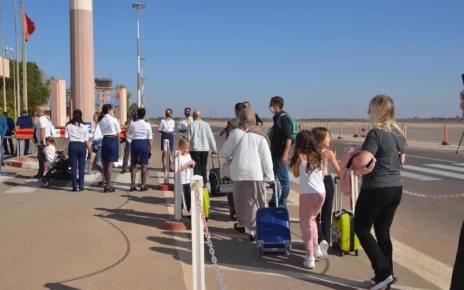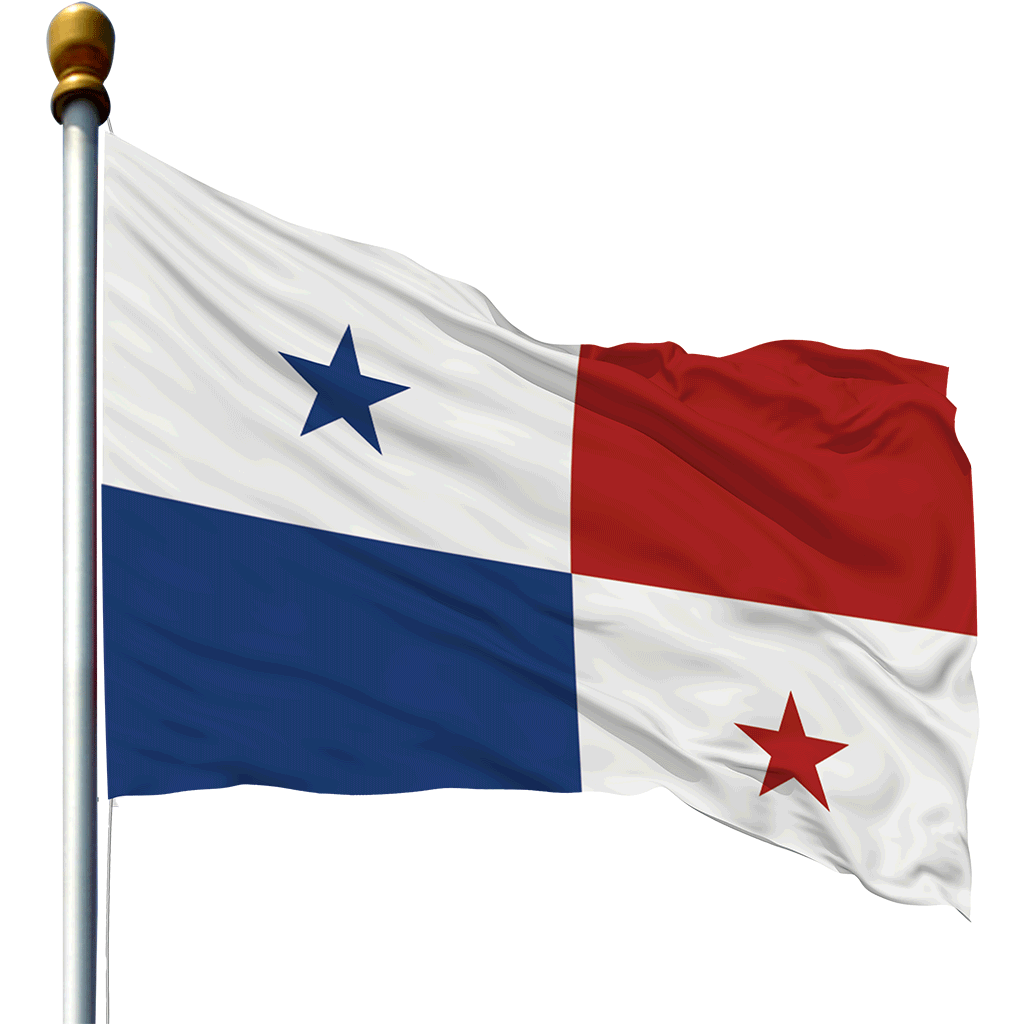 Radio France Internationale (RFI) has hailed Morocco for having adopted multiple initiatives that are sometimes “very innovative” to help underprivileged populations during the COVID-19 health crisis.
Radio France Internationale (RFI) has hailed Morocco for having adopted multiple initiatives that are sometimes “very innovative” to help underprivileged populations during the COVID-19 health crisis.
“Since the onset of the coronavirus crisis, billions of euros have been mobilized by states and international institutions to try to cushion the country from the economic shock. However, access to this aid remains sometimes very difficult for poor populations,” stated RFI in a commentary on its website.
However, Morocco, faced with the emergency, “is multiplying sometimes very innovative initiatives” to help the underprivileged populations, said the French radio channel in the commentary titled “In Morocco, Amid a pandemic, solidarity with the most deprived gets organized”.
The first measure targeted unemployed workers with the National Social Security Fund, recalled the media outlet, noting that about 800,000 people have already been registered to get the stipends.
For people who do not have social security coverage and who could no longer work because of the lockdown, Morocco targeted the households, which hold a RAMED health card, a medical assistance scheme implemented by Morocco for the benefit of the poor.
Morocco also decided to distribute compensations to people who are not affiliated to the CNSS nor to RAMED and who have their identity card as the only administrative document. Their requests for assistance will be based on a declaration on honor.
The assistance for affiliates to CNSS amounts to about $100 in March and $200 in April and May, while the others will receive from $80 to $120 according to the size of the households.
The financial assistance is distributed by the special fund for the management of the pandemic that has so far collected over $1.8 billion donated by the state, corporates, public and private institutions, senior officials and individuals.
Besides RFI, several other international media have praised not only the Moroccan government’s swift response and comprehensive socioeconomic relief measures taken to mitigate the fallout of covid-19, but also the solidarity and generosity shown by the Moroccan people.
Moroccans have actually stepped in to assist others, bringing groceries to the elderly and disabled who cannot leave their houses, and putting at the disposal of health workers and law enforcement agents hotel rooms and flats. Rather than raising prices, many Moroccan hoteliers—and even homeowners—opened their doors to stranded foreigners who did not manage to leave the country, for free.
In the same vein, many carters and restaurants are distributing free meals to hospitals, while hundreds of volunteers are helping pupils and students who are studying online after schools and universities were closed.
Others offer their help to local authorities to inform the population about the need to stay home or to sanitize roads, cars and streets, while many industrial units have shifted their production chains to manufacture medical gear, facemasks, or sanitizers much needed at present… and these are but a few cases of the solidarity chain established in these coronavirus times.


